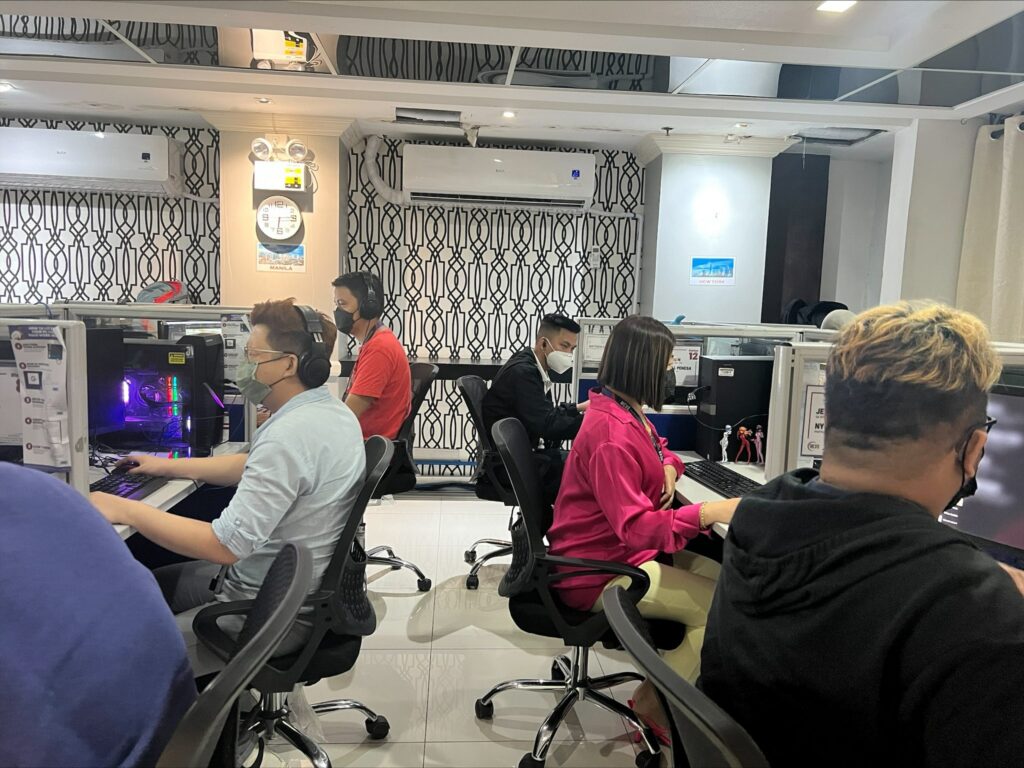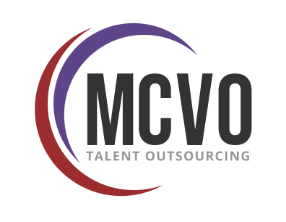Remote work opens more options for people to integrate their work and lifestyle, but it often comes with challenges. Aside from the integration itself, building trust and motivation isn’t the same as when employees interact face-to-face. The body language is missing. It’s also harder to interact with people in different circumstances because you are limited to your screens remotely. Motivating outsourced performance teams demands more creativity and big-picture thinking.
Measuring performance became a challenge as well, since remote working upended the status quo. Let’s take a look at Objectives and Key Results (OKRs), a collaborative framework for measuring performance that can help remote teams thrive.
What are OKRs?
OKRs have gotten recognition over the years, though this framework was conceived by then-CEO at Intel, Andy Grove. Its popularity skyrocketed in 2010, along with Google’s rise. Google adopted the framework in 1999, and its key figures have attributed its innovations and rapid growth to the OKR framework since.
This goal-setting framework cuts across all levels of the company. The objective is what you intend to improve in the organization. This requires the buy-in and sign-off from the leadership since it needs to be hinged on the company’s direction. Key results are measurable outcomes around your objectives.
Sounds simple enough, right? In fact, it doesn’t seem outstanding at all compared to other performance tools. Let’s compare it to Key Performance Indicators (KPIs) to get a better appreciation of OKRs.

OKRs vs. KPIs
KPIs are also SMART – specific, measurable, achievable, realistic, and time-bound. To distinguish it from OKR, let’s focus on specific and achievable.
OKRs are specific like KPIs but OKRs are more big-picture oriented. KPIs, on the other hand, are usually specific to a certain project under that big picture.
As for being achievable, OKRs are more ambitious compared to KPIs because the former is founded on change and growth. KPIs are more straightforward but may or may not be oriented toward change.
Let’s use a real-world application to illustrate the difference. If your objective is to reach more potential customers through email marketing, a key result of this could be to increase email subscriptions from X to Y through landing page signups by a certain time. A KPI under this umbrella would be to increase articles from X to Y on the landing page by a certain time.
While increasing article numbers can potentially generate email subscriptions, it is not always the case. Maybe sometimes you must leverage an online event to drive email subscriptions up. Or launch an incentive-based program to lure potential subscribers to your landing page.
In a volatile industry, the methods can change. You can’t completely rely solely on content writing, online events, or promos. They can work together, or some work better than others in a particular season.
But ultimately, the objective is to reach more potential subscribers. It’s best to be able to change gears with your initiatives instead of being stuck with one and wondering why your KPI isn’t increasing. KPIs are good if you want to scale a certain project but if we’re aiming for ambitious objectives, the OKR framework might work better.
Empowering outsourced remote teams
Volatility in any industry is inevitable. It requires certain agility and motivation to shift gears. It could be a challenge motivating remote teams because of the limited face-to-face connection. OKRs empower remote teams to employ different means to achieve an OKR. Whatever project they pursue, they know they are contributing to an ambitious objective. Knowing that their actions add value and are not just tasks to be ticked off will keep them invested in your objectives as well.
At MCVO Talent, we have a roster of agile and seasoned remote virtual assistants who can pivot quickly and accordingly, owing to their experience in handling different English-speaking markets. If you want them to be part of your outsourced team, contact MCVO now to discuss your requirements.





